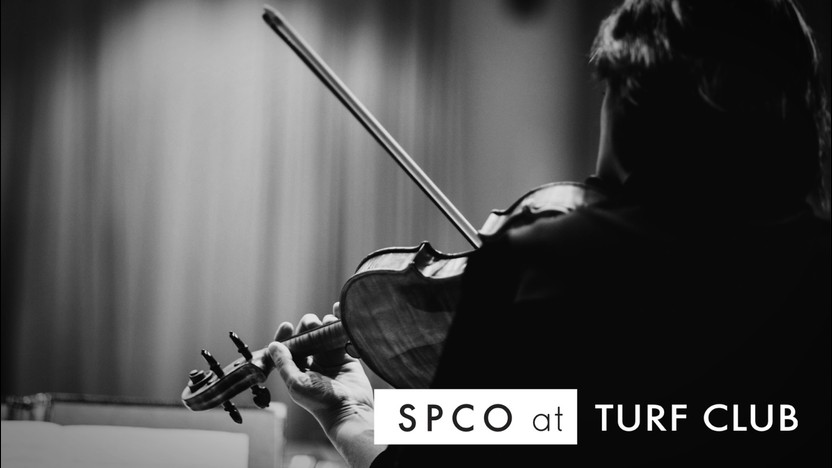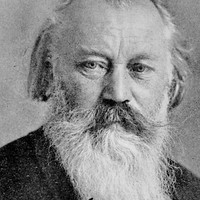SPCO at Turf Club



Disassemblage means the action or process of taking something apart. In this piece, the thing being taken apart is the opening theme. On a more poetic and personal level, the piece is a reflection on 2020's disruption of expected trajectories in life and work. Disassemblage begins with driving, insistent, directional phrases. These lines are goal-oriented and unrelenting. The opening section can be heard as a musical depiction of the propulsive, routine momentum of business, work, school and commuting. Layoffs, furloughs, remote work and school disrupted these routines and forced people to disassemble, and then reconsider and rebuild, sometimes while making drastic changes. Musically, the opening theme becomes frozen into incessant patterns, painfully interrupted, and gradually replaced with something completely different; something calmer. It is not a seamless transformation, but a simulation of the uncertainty and trial and error we continue to face in finding our footing in 2021.
Sky Macklay ©2021

(Duration: 39 min)
The first work of chamber music that Johannes Brahms issued publicly was his Piano Trio No. 1, composed in 1853 after his pivotal introduction to Robert and Clara Schumann. The following year, after Robert’s leap into the Rhine River and confinement in an insane asylum, the 21-year-old Brahms moved to Düsseldorf to help manage the Schumann household and care for the children while Clara supported the family playing concert tours. In the two years that Brahms spent as the de facto head of the Schumann household, he developed a deep (and not entirely platonic) affection for Clara, 14 years his senior.
It took Brahms a few years to stabilize after he left the Schumann orbit, musically and personally, but he found his footing by concentrating on chamber music between 1860 and 1865, when he created a series of seven groundbreaking scores. The earliest of the series employed an uncommon ensemble, forming a sextet with pairs of violins, violas and cellos. There were very few examples of earlier string sextets (just a handful from the previous century by the cellist-composer Luigi Boccherini, and a more recent effort from Louis Spohr), but this lack of tradition probably appealed to Brahms, who shied away from legacy-laden genres like string quartets and symphonies until later in life. The Sextet in B-flat debuted in Hanover on October 20, 1860, and it clearly pleased the composer since he returned to the same format for a second sextet in 1865.
In the opening movement of the First String Sextet, the ensemble makes the most of the diverse textures that can be achieved with six instruments, culminating in an all-plucked coda. In the middle movements, Brahms updated two older traditions — first a theme and variations, and then a scherzo — demonstrating how well he had integrated the lessons of Joseph Haydn, Wolfgang Amadeus Mozart and Ludwig van Beethoven. The Rondo finale maintains that Classical connection, with light-hearted music in the spirit of a Serenade. The Sextet may have been a rarity when Brahms approached it, but his two contributions proved so influential that they birthed a new chamber music genre, with major additions following from Antonín Dvořák, Pyotr Tchaikovsky and Arnold Schoenberg in the decades to come.
Aaron Grad ©2021
Ticket price is $22 and includes a drink of your choice (wine, beer, cocktail or non-alcoholic beverage). Turf Club’s American pub fare will be available for purchase before and after the performance.
Get driving directions and find nearby parking.
Find dining options close to the venue.
View seating charts to find out where you'll be seating.
SPCO concerts are made possible by audience contributions.
For exclusive discounts, behind-the-scenes info, and more:
Sign up for our email club!
